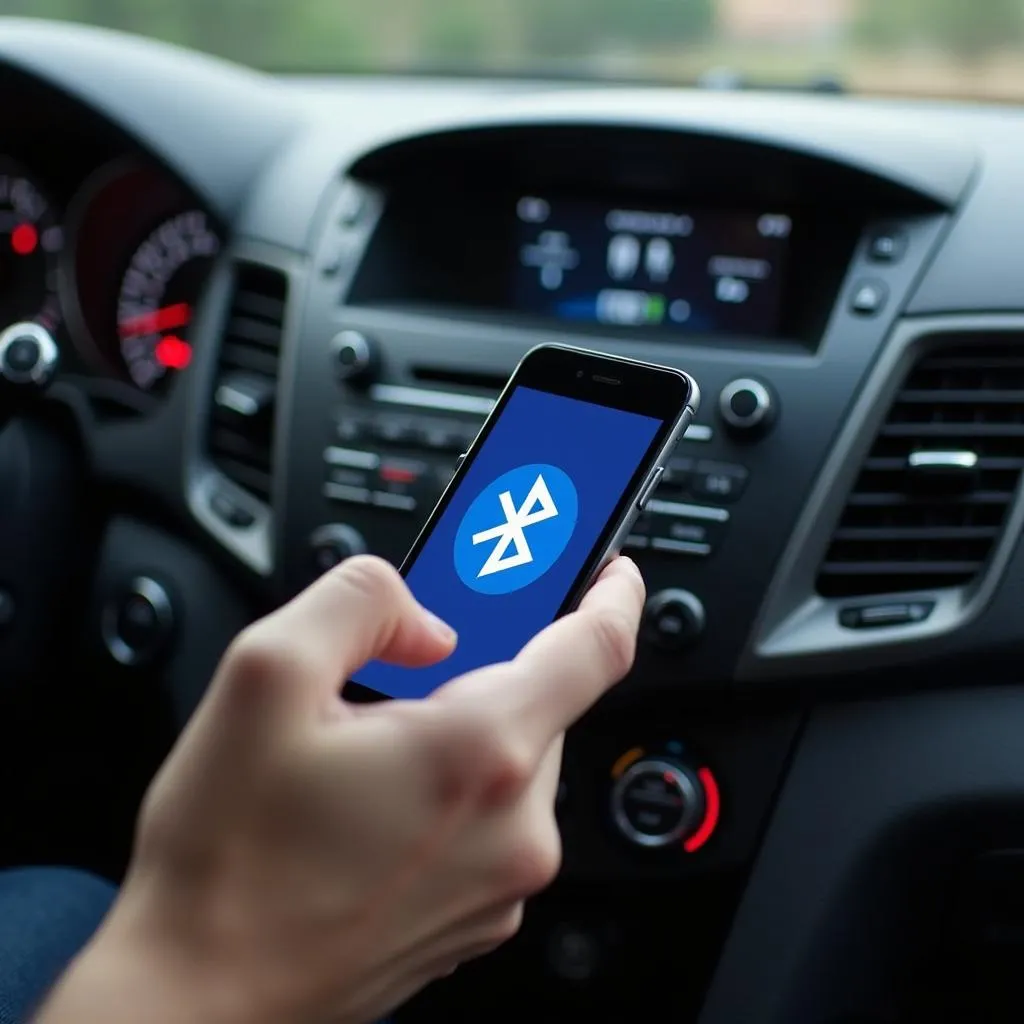So, your key fob battery died again, and it hasn’t even been a year? You’re not alone. This is a surprisingly common frustration for car owners. While a year is a decent lifespan for many key fob batteries, several factors can cause them to drain prematurely. The good news is that with a little troubleshooting, you can often identify the culprit and extend the life of your key fob battery.
Common Reasons Your Key Fob Battery Dies Quickly
Before we jump into solutions, let’s understand why your key fob battery might be draining too fast. Here are some of the most frequent offenders:
- Low-Quality Batteries: Just like any battery-powered device, the quality of the battery itself plays a major role. Cheap, off-brand batteries may not hold a charge as long as their name-brand counterparts.
- Frequent Use: This one might seem obvious, but the more you use your key fob, the faster the battery drains. If you’re constantly locking, unlocking, or using remote start features, your battery will naturally deplete quicker.
- Signal Interference: Key fobs operate on radio frequencies, and interference from other electronic devices or even structural elements in your environment can force your key fob to work harder, draining the battery faster.
- Internal Key Fob Issues: While less common, problems within the key fob itself, such as a malfunctioning circuit board or a short, can lead to excessive battery drain.
- Environmental Factors: Extreme temperatures, both hot and cold, can impact battery performance.
Troubleshooting Tips to Extend Your Key Fob Battery Life
Now that you know what might be causing the problem, let’s explore some practical solutions:
1. Invest in High-Quality Batteries:
This is the easiest and often the most effective fix. Choose reputable brands known for their long-lasting batteries.
Expert Insight: “Always check your key fob’s manual for the recommended battery type. Using the incorrect battery can damage your key fob or lead to poor performance,” advises John Miller, Senior Automotive Electrician at Miller’s Auto Tech.
2. Reduce Unnecessary Use:
While convenient, consider whether you need to use your key fob for every interaction with your car. For instance, if you’re already near your car, manually unlocking the door can save some battery life in the long run.
3. Keep Your Key Fob Away from Interference:
Store your key fob away from other electronic devices like laptops, cell phones, and even microwaves, as these can emit signals that interfere with your key fob’s signal.
4. Check for Physical Damage:
Inspect your key fob for any cracks, loose buttons, or water damage. If you find any physical issues, it’s best to have your key fob inspected and repaired by a professional.
5. Consider Professional Diagnostics:
If you’ve tried the above steps and your key fob battery still drains quickly, it’s time to seek professional help. An automotive electrician or a specialized car key fob service can diagnose any underlying issues with your key fob or car’s electrical system.
Expert Insight: “Sometimes, a weak signal from the car itself can cause the key fob to work harder. A professional can check your car’s receiver to ensure it’s functioning optimally,” explains Sarah Chen, Lead Technician at AutoKey Solutions.
Conclusion
Dealing with a quickly draining key fob battery is frustrating, but by understanding the potential causes and implementing these troubleshooting tips, you can often extend the life of your battery and avoid those unexpected “dead battery” moments. Remember, if all else fails, a professional can provide expert diagnosis and solutions to get your key fob back in top shape.

